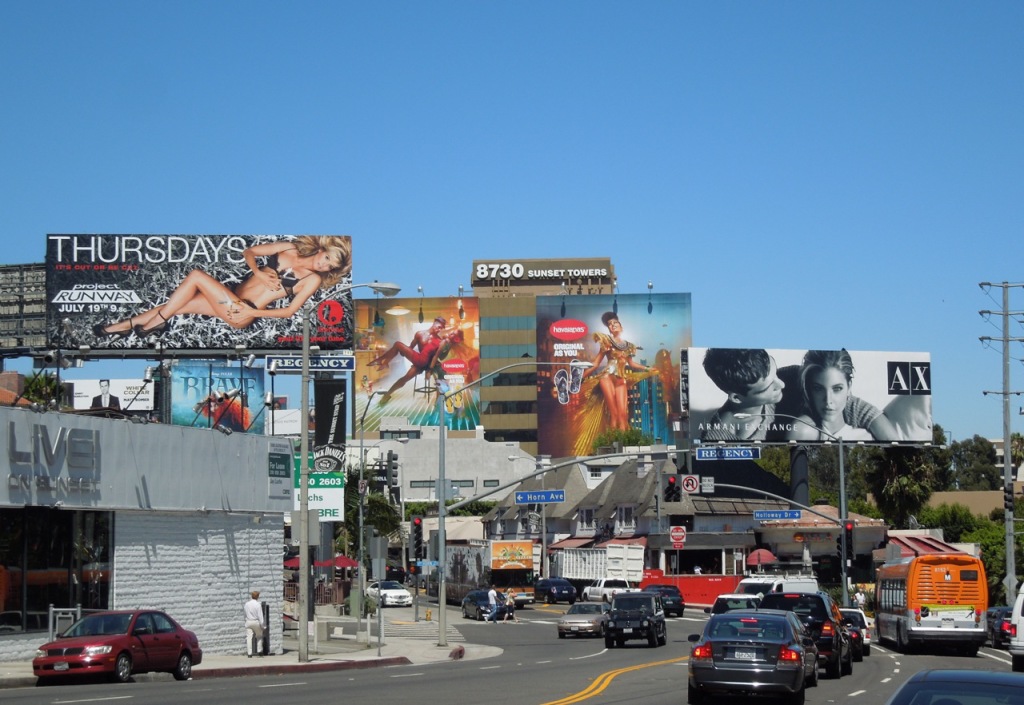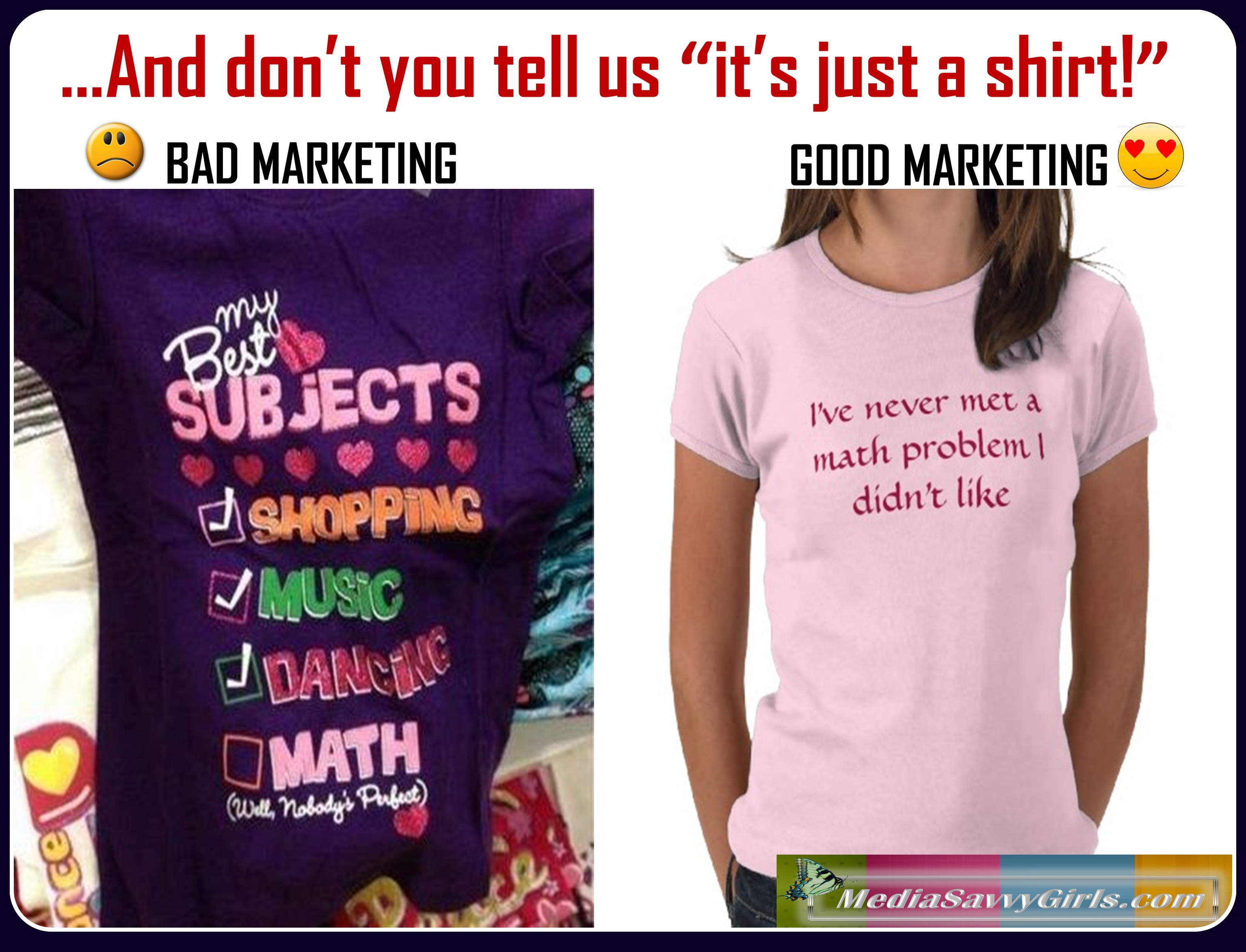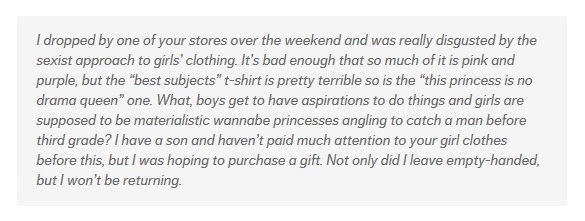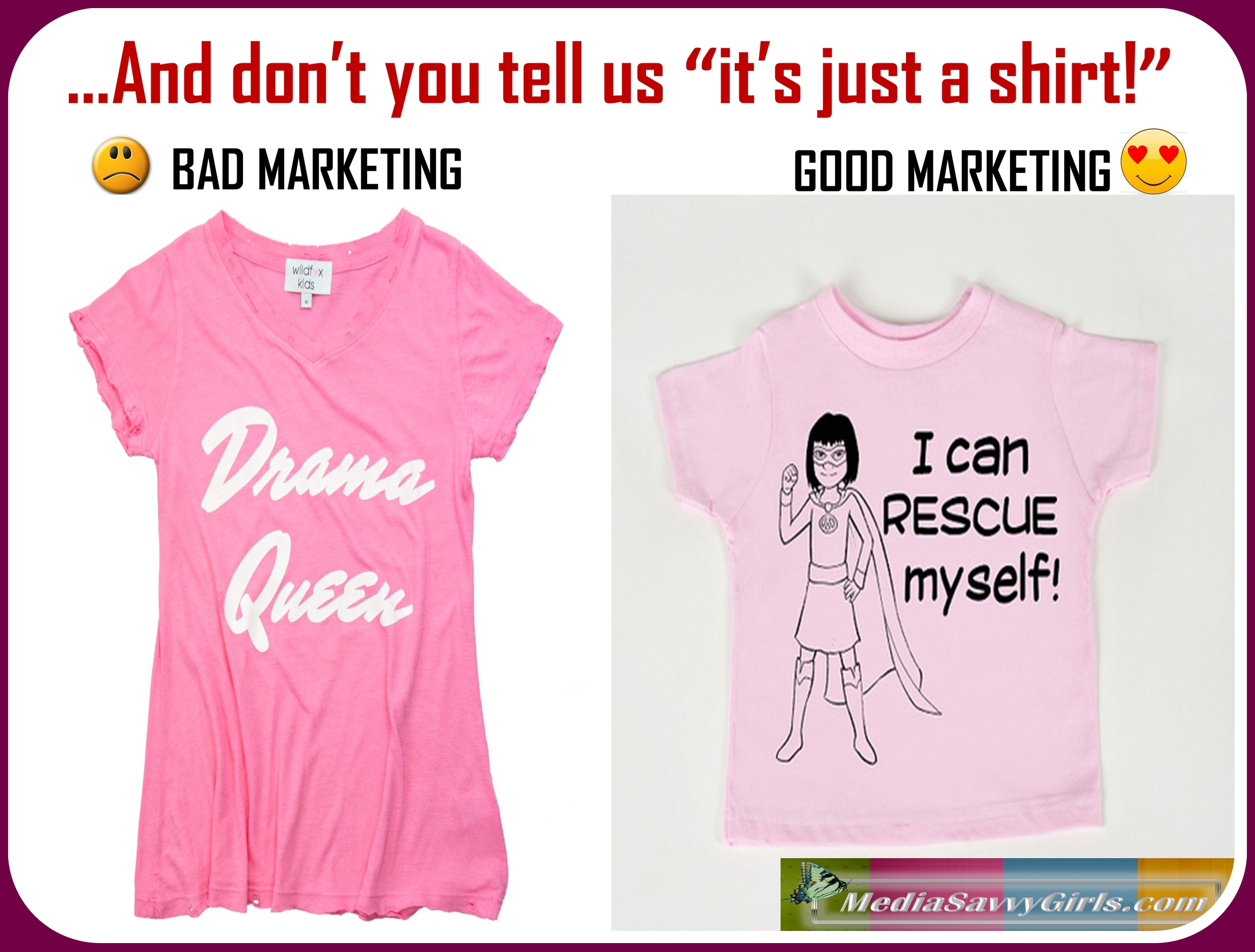by Dusty Rose (USA, age 25)
I live in Los Angeles, self-proclaimed “Entertainment capital of the world.” Every waking morning the denizens of this overcrowded mini-state are inundated with images. Billboards on the work commute or daily walk, magazines in the grocery stores, banner ads in the email sidebar or website of choice, commercials and trailers for every conceivable product, film, and TV series.
I have lived my life so swamped by these images that I have learned to tune them out for the most part, which only prompts bigger, flashier, more attention-grabbing ones to take their place as advertisers realize we’re becoming inured to their attempts.
The few times I actually stop and look at what is being sold, I realize that it is always Perfection of some kind. If they are not directly showing you how YOU could be Perfect, they are showing you actors and actresses who set a standard for “Perfect” that few can reach naturally.
I remember growing up hating myself all the time. Before I knew the diagnosis label Trichotillomania, I was pulling out my eyebrows and eyelashes from anxiety, and would spend hours meticulously tweezing my knees because it calmed me down. When I hit puberty, skin-picking was added to the mix. The pulling and picking eased my anxiety, but directly fueled a raging self-hatred. Several passages in my old journals spew vitriolic sentences about how “Princesses don’t have scabbed and scarred faces” and “Princesses don’t have gaps in their eyelashes.” I never actually referenced Disney princesses in this, but rather the idea of Perfection that I saw everywhere and was embodied in the term “Princess.” Whatever it was, it wasn’t me, and I belonged “in the garbage with the trash.”
As I have grown, I have struggled and continue to struggle with overcoming my self-hatred. I don’t wear makeup unless I completely lose an eyebrow, and then it’s just a little eyebrow pencil. I feel shame some days, but prefer not to hide behind a mask like there’s something terrible that I must hide about my appearance.
I have also made many friends, and at least three were actively bulimic when I was with them. It was when their fingers were down their throats that I most raged at the images everywhere, the worshipped model of Perfection that made them think they were “less than.” I hated the pain my friends were in, and wished with all my heart they would see themselves as beautiful, even as I could not see myself as anything more than garbage.
If I could change one thing about how the media presents women, it would be to strip away the concept of perfection. Not that women don’t go around all day without makeup, many do. But do they wake up in Perfect eyeshadow? Do they swim with gloriously thick mascara? Is every blemish properly concealed to avoid the horrifying truth of nature? Must every single woman walk around looking like she just spent half the day in a high-end salon? And, in the vein of stripping away “Perfection” as it is known, I would add in a boatload of women in various sizes and shapes as actresses in main and supporting roles, whose role in the film is NOT to be fixed, degraded, or made fun of. I would have some struggle with their appearance, reflecting our own struggles, and I would have some rejoice in their reflections to give us some hope that we, too, can enjoy ourselves in any shape and size.
Maybe one day the standard for Perfect will be different, or maybe we will outgrow the need for Perfect. Until that day, the best thing we can do is build each other up in the places where we are constantly torn down.







